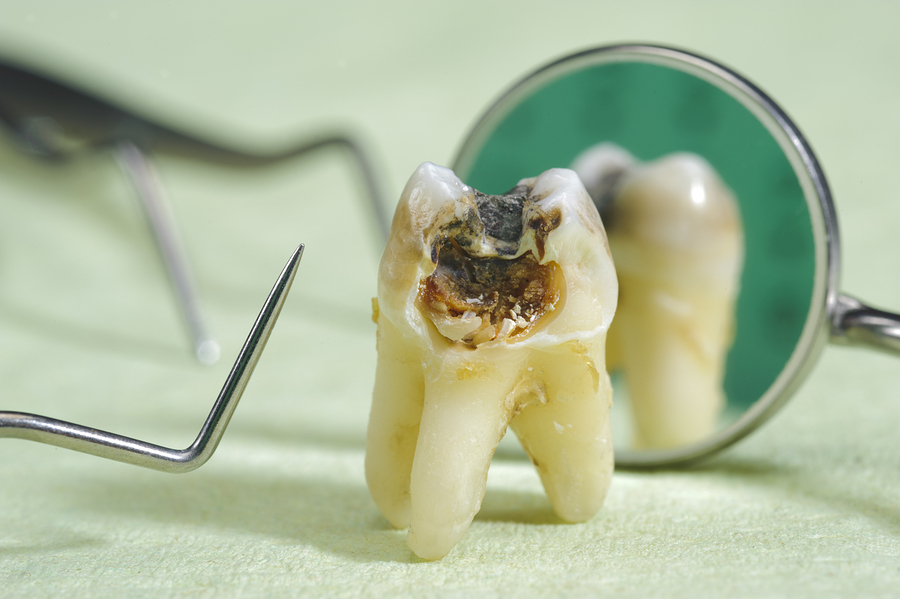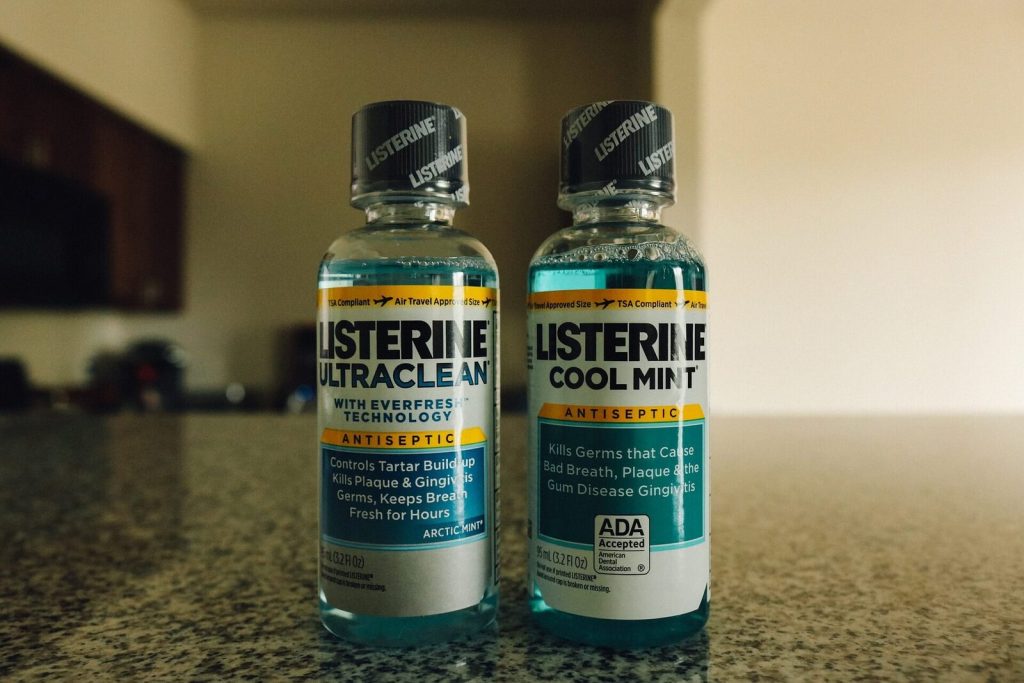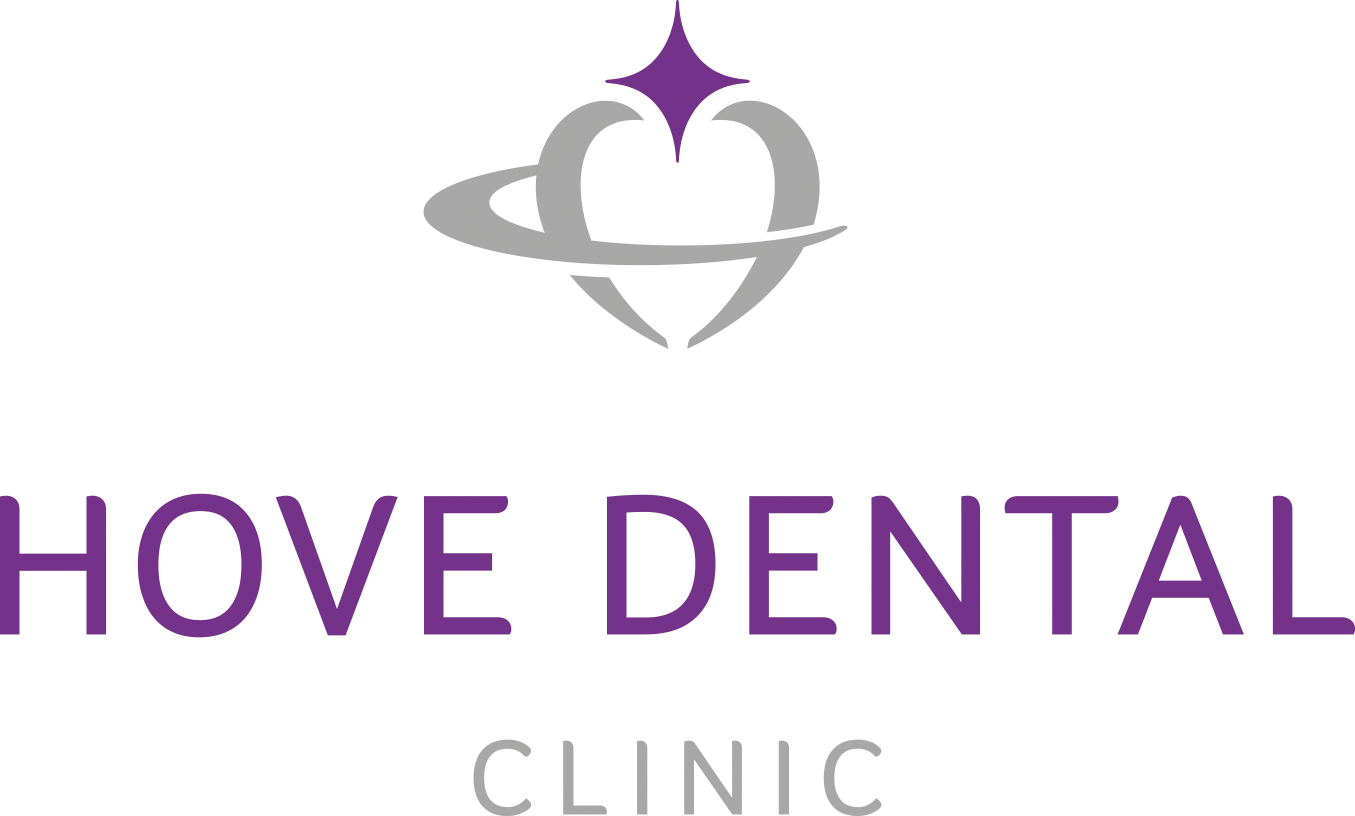Most people will experience a toothache at some point in their life, even with perfectly healthy teeth. Toothache commonly occurs alongside other symptoms, such as sensitive teeth and bad breath. It may seem unusual, but many toothache causes are entirely non-dental.
The primary cause of toothache is tooth decay. The other main dental causes include:
- Dental abscesses
- Broken fillings or crowns
- Cracked teeth
- Tooth infection
- Gum disease or infection
- Injury to the teeth or jaw
We are experts in delivering many dental treatments at our clinic in Brighton and Hove, which is exceptionally well-equipped so that we can easily find and treat all dental toothache causes. You will see our friendly team is ready to offer a convenient appointment when you contact us.
What Causes a Toothache Not Related to Your Teeth?
There are many potential causes of a toothache that are not directly caused by issues with your teeth. Stress and anxiety are common causes, and in rare cases it could be a sign of a potentially serious but very uncommon underlying condition, such as temporomandibular joint (TMJ) problems (which is what dentists call the jaw joint), cranial nerve damage and oral cancer.
The following are some common questions we hear about the potential causes of a toothache:

What causes a toothache that comes and goes?
It is difficult to narrow down Intermittent toothache causes. Sometimes wisdom teeth can be an issue when they are erupting, as dentists call it, so this may result in an occasional toothache. Toothache that comes and goes can often result from eating or drinking very hot or cold foods, as well. Intermittent toothache can also be a result of the steady progression of tooth decay.
If the cause is dental, such as tooth decay, it could be a sign that the problem is in the early stages. In some cases, it is possible to reverse the early-stage decay of a tooth with oral care. Proper brushing and flossing will also prevent tooth decay from occurring.
Can stress cause toothache?
Yes, a toothache caused by stress is possible. Stress and nerves can cause tension effects on the jaw, with stress often causing a person to grind their teeth. When you are clenching the jaw due to stress you can easily cause aches and pains, which is typically a result of wearing down the enamel. Stress can also cause gum disease that leads to toothache in some cases.
Regular dental checkups will allow for your dentist to detect the first signs of wear if you are at risk of developing a stress-related toothache. Reducing stress and preventive methods such as gum shields may be a recommended treatment.
Can a sinus infection cause toothache?
Yes. A toothache caused by a sinus infection (or sinusitis) is a key non-dental cause. The sinuses are cavities to the side of our noses, above the teeth, and all spaces in the skull are connected. Acute sinusitis occurs when the sinus cavity is inflamed and can easily cause toothache and flu-like symptoms. Pain caused by this is often on the back teeth. You can also get a big ache in the nasal cavity itself.
Treating the sinusitis will relieve the ache if this is the cause, so over-the-counter medications are a good first step. Chronic sinusitis infections may require prescription medications and other treatments from a doctor. The toothache should clear once the sinus infection does.
Can anxiety cause toothache?
Yes. A toothache caused by anxiety is similar to a toothache caused by stress. Many people grind their teeth while feeling anxious, sometimes not knowing they are doing so. Anxiety may also cause you to neglect your teeth, which can easily result in cavities forming. You might also obsess about your teeth and cause a psychologically-induced aching feeling in some cases.
Again, a dental checkup can reveal anxiety-related issues like teeth grinding as the cause. Alleviating anxiety with recommended treatments from a doctor, such as calming techniques, therapy or medications can reduce or eliminate anxiety-induced toothaches.

Can hunger cause toothache?
Hunger cannot directly cause a toothache. However, you may feel anxious or stressed due to hunger, such as when trying to stick to a diet, which may cause toothache. Additionally, the impact on teeth from certain foods will often cause pressure on the teeth, gum soreness or aches, so it can be confusing. Wolfing down foods while hungry can easily make teeth hurt.
Taking time to chew your food and swallow it, as well as letting foods cool sufficiently before biting into them, will help to avoid issues in the teeth and gums after eating. If your hunger is causing stress that leads to toothaches, treating the stress will reduce the chances of pain.
Can vaccines cause toothache?
A toothache caused by vaccines is a contentious issue, with no current clear link. In the wake of the COVID-19 pandemic, many people experience stress – a key cause of toothache. There is no direct link to COVID-19, or other vaccines, and toothache but the stress and flu-like symptoms or side effects (and the COVID 19 disease itself) may result in corresponding pain in the teeth.
It is complicated and unknown. Overall, there is no link to vaccines causing toothache, but dentists worry about the potential impact of teeth grinding and stress on their patients’ oral health. Once again, treating these underlying conditions will reduce the chances of pain.
Can tooth sensitivity cause toothache?
A toothache caused by tooth sensitivity is a common complaint, but sensitivity is different from a toothache deep within the tooth. Sensitivity is a short, sharp, jolt of pain – typically with a trigger such as hot or cold foods – and is different from the dull ache, often caused by biting anything at all, in a toothache. However, you might have both sensitivities and aches at once.
You need to see a dentist who can determine if there is any type of cavity or infection causing the pain and treat that issue. It can be difficult to tell the two feelings apart, so a professional look will determine the cause. Sensitivity can improve if you use special pronamel toothpaste.
Can early pregnancy cause toothache?
A toothache caused by early pregnancy is possible due to the levels of hormones in the body, which change rapidly during the early stages. Toothache during pregnancy is common due to the gums reacting differently to certain bacteria in this period. It is also possible to have issues such as tooth infection, stress and other causes of a toothache while pregnant.
Some dental treatments are off the table during pregnancy, but dentists can often provide alternatives if you require dental treatment for cavities. Hormonal toothache during early pregnancy will resolve itself as the pregnancy progresses and may not require treatment.
Can constipation cause toothache?
A toothache caused by constipation is not known in itself. However, stress and teeth grinding due to constipation and foods that are bad for teeth can cause aches alongside constipation. The presence of other dental causes like cavities may confuse the matter. Relieving constipation is possible with dietary changes and simple over-the-counter medications.
A doctor can advise on the route cause of constipation and a dentist can determine if foods you eat, which may or may not be constipating, have given you toothache through decay, cavities or stress-induced grinding. Again, constipation is not a known cause of toothache by itself.
Can cavities cause toothache?
Yes. Cavities are probably the most common cause of toothache. As enamel wears down, due to acidic or sugary foods or drinks, you may get cavities (or caries) that will cause the classic dull toothache feeling. To treat cavities you may require a filling, root canal or even tooth extraction – depending on the extent of the issue.
Cavities can cause toothache – but the treatments might too. After treatments like a root canal, which involves drilling the affected tooth, it is normal to have a toothache for a few days. In this case, drink plenty of water and take over-the-counter painkillers as required until you recover.

Can smoking cause toothache?
A toothache caused by smoking is very possible, as are a wide range of other potentially serious dental and non-dental problems. Tobacco smokers are at a higher risk of gum disease, which is a leading cause of toothache. You can also get other symptoms alongside toothache if gum disease from smoking is the culprit, such as bleeding gums, tooth sensitivity and swelling.
Using a method of quitting smoking, such as nicotine replacement therapy (NRT), can help lower the chance of smoke-related teeth issues such as gum disease and aching. You may need to treat the gum disease with dental treatments, depending on the progression of the disease.
Can the flu cause toothache?
Yes. A toothache caused by the flu or even the common cold is possible. Disturbance in the sinuses, nose and even ears can cause tooth, gum or jaw pain. Nasal congestion will also cause swelling and inflammation in the sinuses, but may not be a full sinus infection. The best way to ease tooth pain from the flu is to treat the illness, which will usually respond to home remedies.
If you have the flu, it is not advisable to see a dentist about tooth pain until the illness clears up. It is a good idea to get medication from a doctor if over-the-counter remedies do not work, but flu normally goes away within 1 or 2 weeks. Persistent toothache after flu will require dental assessment.
Can mouthwash cause toothache?
Toothache can occur due to the overuse of mouthwash and oral rinses. Many people enjoy the fresh breath benefits of mouthwash and will sometimes use it multiple times per day, after meals and between snacks or simply before social interactions. If you have the habit of using mouthwash outside of your twice-daily brushing routine, it may be the cause of your ache.
The strong substances in the mouthwash kill bacteria, but can also weaken layers of your teeth – specifically dentin, in the middle of the tooth. Dentin can react with the acids in a mouthwash, so overuse can lead to sensitivity and aches. Try to avoid using mouthwash outside of brushing.

Can a heart issue cause toothache?
An uncommon phenomenon associated with heart problems is referred pain in the jaw, teeth, neck and lower back. Typically the symptoms of heart issues affect the upper body, so toothache by itself is probably not a symptom of a heart attack but other, less serious heart conditions may result in referred pain in the teeth, so it is worth checking if you have any known cardiac issues.
If you are having symptoms aside from toothaches, such as heart palpitations, chest pain or dyspnea (which is what doctors call shortness of breath), seek urgent medical attention. In general, any type of chest pain, alongside a toothache or not, requires immediate treatment.
Exceptional dental care in the centre of Brighton & Hove
Located in the heart of Hove, we pride ourselves on our excellent level of service and our unparalleled attention to detail and exemplary staff who will ensure you get the very best dental care available. Our dental services are second to none and will leave you with a smile on your face.
How to Prevent Toothache
The best way to prevent toothache is to avoid the dental and non-dental causes wherever possible. The following will reduce the chances of developing toothache:
- Quitting smoking
- Brushing and flossing twice daily
- Avoiding high-sugar and high-fat foods
- Exercising and maintaining a healthy diet
- Maintaining a healthy weight
- Reducing stress and anxiety
- Attending regular dental and non-dental health checkups
We all have to keep on top of our health, and maintaining good oral, body, and mental health is the best strategy to avoid toothache – as well as a range of other problems.
Get an Appointment to Determine Your Toothache Causes

Occasional tooth sensitivity is normal, but it may be a sign of something else. If you brush your teeth and maintain good oral health you will reduce the chances of toothache. Avoiding tobacco smoking, avoiding high-sugar or acid foods, lowering stress and using pronamel toothpaste can help to avoid toothache developing. Some causes, such as pregnancy, are unavoidable.
We understand that the potential causes of a toothache can lead to a bit of worry, especially when it might be a non-dental cause. However, we offer specialist treatments for nervous patients and can recommend when to see a doctor, explain what to ask, and offer further guidance. To book an appointment in the Brighton and Hove area please feel free to get in touch with us.
01273 900933
hello@hovedentalclinic.co.uk
Mon – Fri: 8:30 – 18:00
Sat: By appointment only
Sun: Closed






















